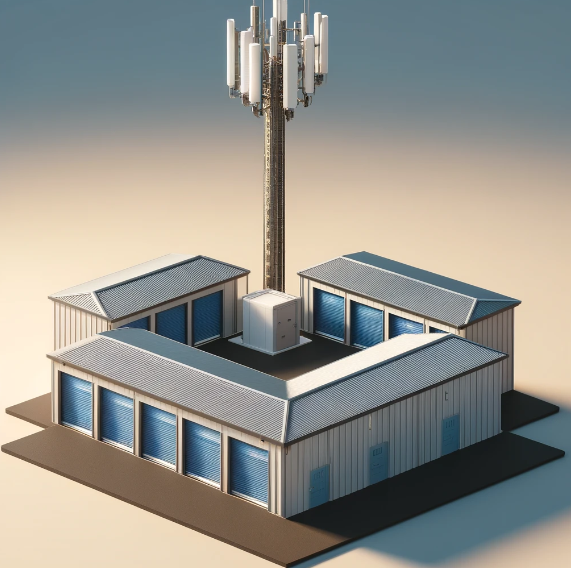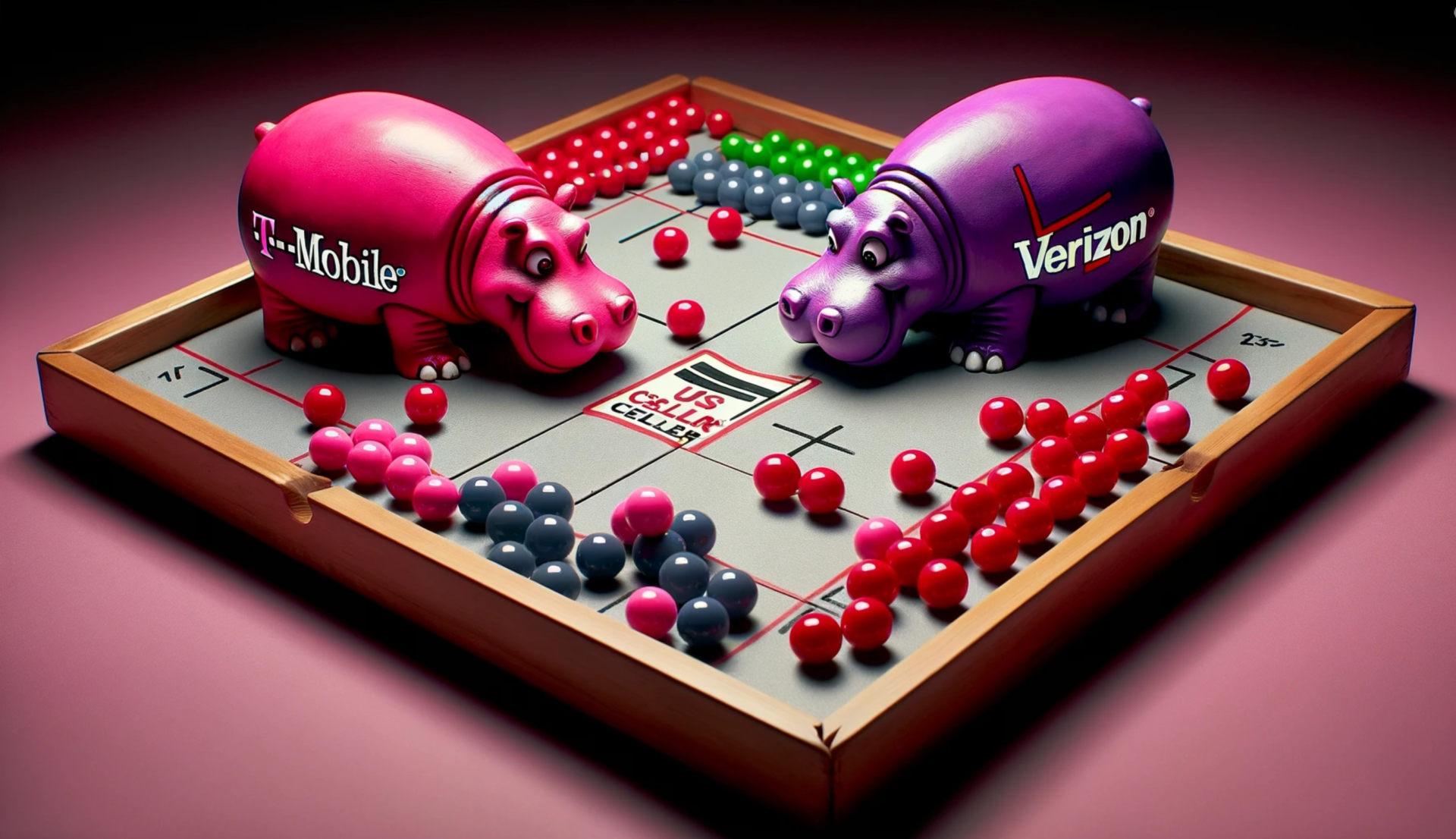How Smart Venue Owners Can Stay Ahead in 2014’s DAS Gold Rush
Exclusivity is Paramount
Consider the following quotes:
“At the core of our growth strategy is the acquisition of long-term wireless rights at large venues. As data demand continues to grow unabated, these are the locations in which users and carriers will run headlong into the capacity crunch. By securing venue rights and installing small cell networks, both DAS and Wi-Fi, we provide the additional capacity to help carriers and venues, keep pace with demand and deliver optimal customer experience.”
Boingo Earnings Call
“A consistent theme for every piece of real estate that we controlled was privacy and exclusivity, which we believe were critical to our success. We didn’t want to have investments in real estate where people could build over the top of us.
With relationships we formed with utility companies and rooftop owners and with investments made in indoor and outdoor DAS in those venues we always had exclusivity. Exclusivity allows us to have honest conversations with our customers. We wanted to be in the site solution business, but we also had to be pragmatic about it and control the real estate. That’s the business we’re all in today, we are in the real estate business.
We focused on having unique locations and unique partnerships with property owners and utility companies that gave us the opportunity to have unique conversation, a private conversation, with our customers about those locations.”
Marc Ganzi (previously CEO of Global Tower Partners)
The missives above illustrate a similar theme based on a common strategy that is paramount to these companies’ success – the securing of long-term exclusivity rights to deploying DAS in venues. Both companies are racing to insert themselves as the middle-man between venue owners and wireless service providers. By procuring exclusivity in this domain, they seek to monopolize DAS and small cell network infrastructure across large venues nationwide.
To put this in perspective, historically, wireless service providers weren’t especially concerned about wireless use indoors because subscribers’ use of wireless devices was secondary to computers and/ or landlines; mobile devices were used primarily when subscribers were “on the go.” Today, however, 80% of wireless usage occurs indoors. Wireless data use has been climbing at rates of 60-120% year over year, and 2014 is not expected to be any different; in fact, expectations are that the average subscriber will use 120% more data in 2014 than they did in 2013. In other words, consumers and businesses are now turning first to wireless and second to wired connections.
The wireless service providers recognize this, the DAS and tower companies realize this, but venue owners have been slower to arrive at this conclusion and to, likewise, prepare for the inevitable. Venue owners typically fail to see that providing seamless wireless service to venue guests is no different than providing electricity or plumbing. So when the DAS providers and tower companies come calling, seeking to tie up exclusive rights to a venue, owners think of the plan in terms of ancillary revenue, instead of realizing that they are handing over control over a fundamental utility – and the operational power that goes along with it.
The 21st Century Gold Rush is Control over Wireless – and it’s Happening Now.
As part of our database, Steel in the Air tracks DAS installations across US airports, subways, stadiums, college campuses, hospitals, and other large venues. We can say, without a doubt, that the vast majority of venue owners are entering into exclusive lease agreements with the wireless carriers or neutral hosts. (LINK TO NEUTRAL HOSTS). Wireless carriers, DAS neutral host providers, and tower companies are – right now – actively contacting every large venue they can in an attempt to finalize a deal before the venues owners catch on to what they are really giving up. Some venue owners have already received multiple proposals – often with initial high lump sum payment offers in lieu of ongoing lease arrangements.
Wireless service providers and neutral hosts know that quite soon the pent up demand for service will need to be addressed, and they are willing to make these offers because they understand that exclusivity right (as the target tenant) will enable them to enter into favorable agreements with other wireless service providers who wish to access to the venues they control. This control of the venue’s wireless infrastructure will provide the target tenant with the construction capital necessary to further fund its DAS and small cell deployment network. To put it another way, the “neutral hosts” not only get the exclusive rights to sublease access to your venue, but they get the rights to make the wireless service providers pay for the construction costs of the DAS. So the “neutral host” gets the right to build a system in your venue and have someone else pay for it, and then gets the opportunity to collect lease payments. The questions wise venue owners should be asking themselves are:
- Why is this revenue going to a third-party when it could be going to you?
- How will a third party whose goal is to generate the highest profit look out for my venue’s best interest?
- How do I provide the best service for my tenants and guests?
How Smart Venue Owners Can Stay Ahead of the Game
Venue owners often believe that DAS or wireless use inside their facility is too complicated for them to manage. Indeed, it is complicated; however, there are many independent firms in the market (including Steel in the Air) that can help you evaluate all options. For instance, your options include:
- Funding and constructing the DAS internally;
- Entering into an agreement with a wireless service provider to install and manage the system; or
- Entering into an agreement with a neutral host to build, manage, and sublease the DAS.
Additionally, we can consult with you on the following: any Distributed Antenna or in-building system should complement your own public safety and communications needs, not detract from them. It should be expandable and unobtrusive, just like your electrical system and plumbing systems. It should be future proofed, so that it meets not only the current needs of your guests and tenants, but future needs as well. And first and foremost, it should recognize that you – the venue owner – owns exclusivity rights, rather than any other third party.
We Can Help
We are the only company that is focused on assisting venue owners and property owners with evaluating DAS proposals and that has legal and engineering expertise in DAS agreements. We will help you understand what options are available to your venue, and we will recommend a best-case strategy based on your particular goals and capabilities. We can help you pull the proverbial gold out of your venue, instead of leasing the mining rights to the neutral hosts or wireless service providers.
Data Use Statistics Relevant to the In-Building and DAS market
- According to the Mobile Experts Market Study (May 2014), in-building mobile equipment revenue is expected to reach $10 billion in 2018, with another $8-10 billion devoted to installation.
- Inside Towers (May 2014) states that data growth per user is expected to grow 50 -75 percent per year in the next two years alone.
- A March 2014 study conducted by CTIA shows that for the first time ever the average person spent more time on their smartphone than they did watching TV. Total minutes used on the smartphone per day is 151, compared to TV at 147, laptop at 103 and tablet use at 43.
- Infrastructure vendor CommScope states that currently 30 billion square meters of indoor corporate real estate exists, and only 2% is covered by in-building solutions, but by 2018, more than 4 million DAS nodes will be deployed.











